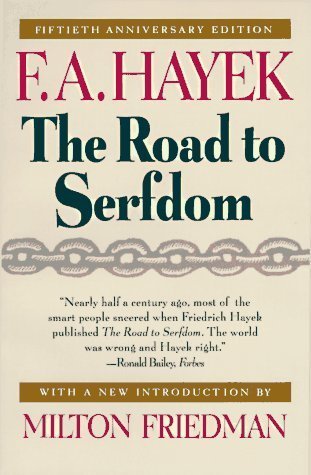
What Has Government Done to Our Money? and The Case for a 100 Percent Gold Dollar
Book Description
What if the very system that controls your wealth is built on a foundation of lies? In "What Has Government Done to Our Money? and The Case for a 100 Percent Gold Dollar," Murray N. Rothbard strips away the facade of modern economics to reveal a devastating truth: government manipulation of money threatens financial freedom and stability. With razor-sharp clarity, Rothbard navigates the chaos of inflation, fiat currency, and central banking, advocating boldly for a return to the gold standard. As the stakes rise, one question looms large: can society reclaim its financial future before it’s too late?
Quick Book Summary
In "What Has Government Done to Our Money? and The Case for a 100 Percent Gold Dollar," Murray N. Rothbard critically examines the evolution of money and the negative impact of government intervention in monetary systems. Rothbard contends that sound money, rooted historically in precious metals like gold, is essential for individual liberty and economic stability. He argues that government manipulation—through fiat currencies, inflation, and centralized banking—erodes purchasing power and personal freedoms. Rothbard meticulously traces the historical movement away from gold-backed money, exposing the consequences of central banking and manipulating currency supply. Ultimately, he makes a passionate case for a return to a 100 percent gold dollar, asserting that only a fully gold-backed system can protect societies from chronic inflation and economic instability. His work offers both an economic explanation and a moral defense for the necessity of sound, market-driven money.
Summary of Key Ideas
Table of Contents
The Origins and Nature of Money
Rothbard begins by exploring the origins and fundamental nature of money, illustrating how money historically emerged from markets as a commodity chosen for its universal acceptance and suitability for trade. Gold and silver naturally became money because of their divisibility, transportability, and durability. He emphasizes that the spontaneous market process—not government edict—determined what would serve as money, leading to trust and stability in economic exchanges.
Government Intervention and Its Consequences
Examining the consequences of government intervention, Rothbard reveals how rulers gradually usurped control over money by monopolizing minting rights and legalizing debasement. Through these means, governments detached money from its commodity roots, gradually introducing paper and fiat currencies. This intervention, he argues, inevitably leads to exploitation and erosion of trust, as the state can arbitrarily expand the money supply for its own benefit at the public’s expense.
Inflation and the Fiat Currency Crisis
Rothbard then focuses on inflation as a critical result of abandoning sound money. When fiat currency replaces gold-backed money, the supply of money becomes limitless, resulting in a devaluation of currency and a reduction in individual purchasing power. He contends that inflation acts as a hidden tax on savers and wage earners, disproportionately harming those who are least able to protect themselves from rising prices or eroding value.
The Role and Dangers of Central Banking
The central bank, particularly the Federal Reserve, stands at the center of Rothbard’s critique. Central banking, he asserts, enables ongoing monetary manipulation, funds government deficits, and encourages unsustainable booms and inevitable busts. By severing the link to gold, central banks legitimize chronic inflation and heighten systemic financial instability. Rothbard ties central banking to broader political and philosophical concerns about state power.
The Case for a 100 Percent Gold Standard
In the concluding part, Rothbard advocates for the re-establishment of a 100 percent gold standard. He explains how a fully gold-backed currency would safeguard against inflation, government overreach, and financial crises. Only a gold standard, he insists, ensures honest, stable money that respects property rights and individual liberty. Rothbard’s analysis ultimately merges historical, economic, and moral arguments in favor of a monetary system rooted in sound, market-driven principles.
Download This Summary
Get a free PDF of this summary instantly — no email required.





